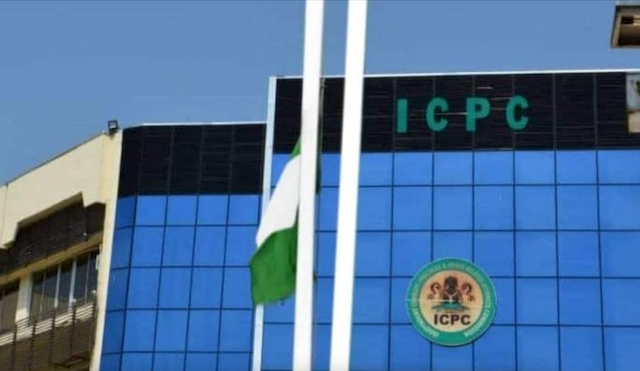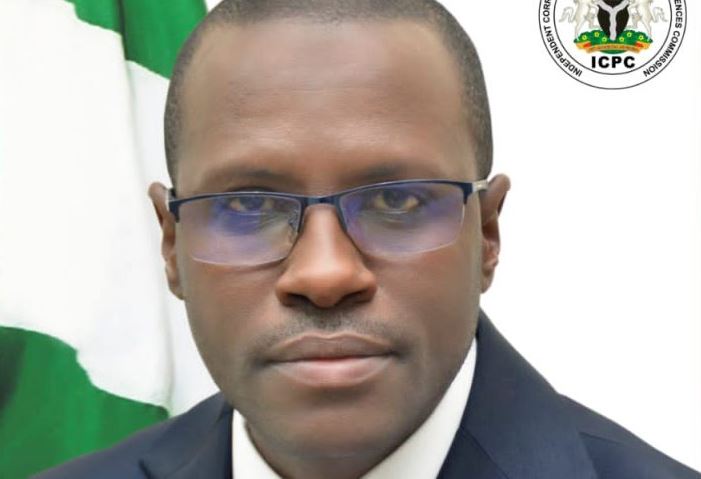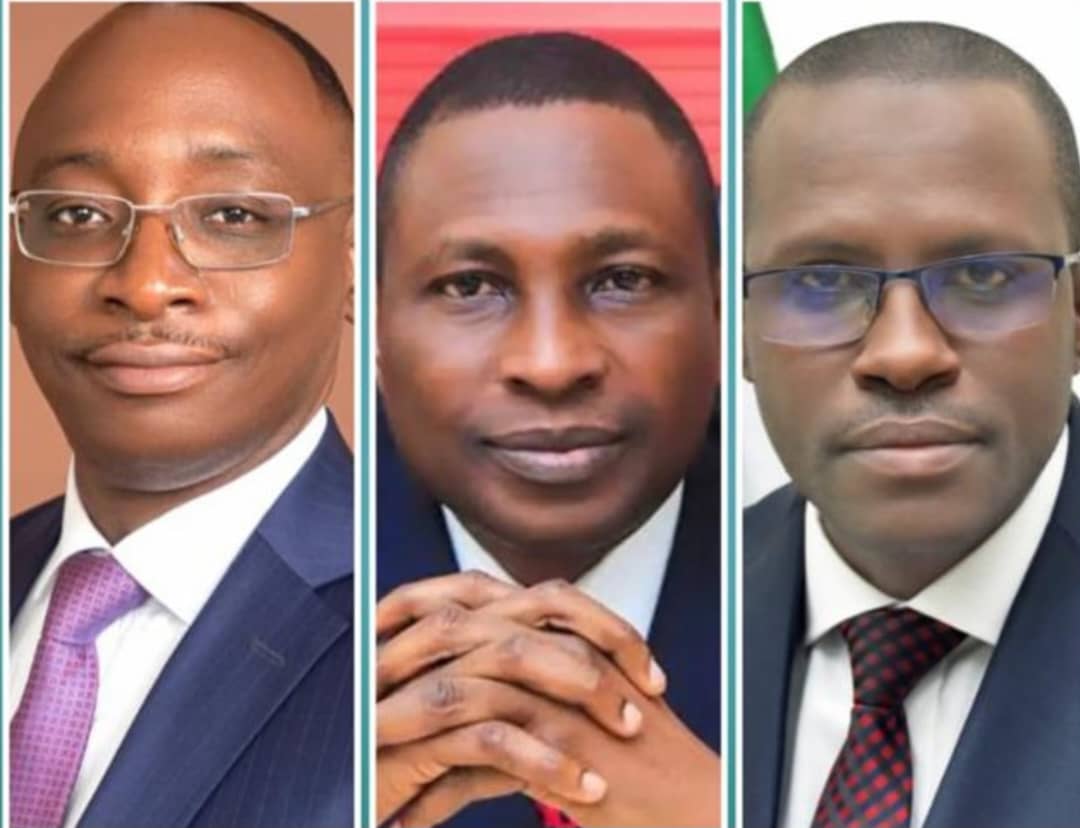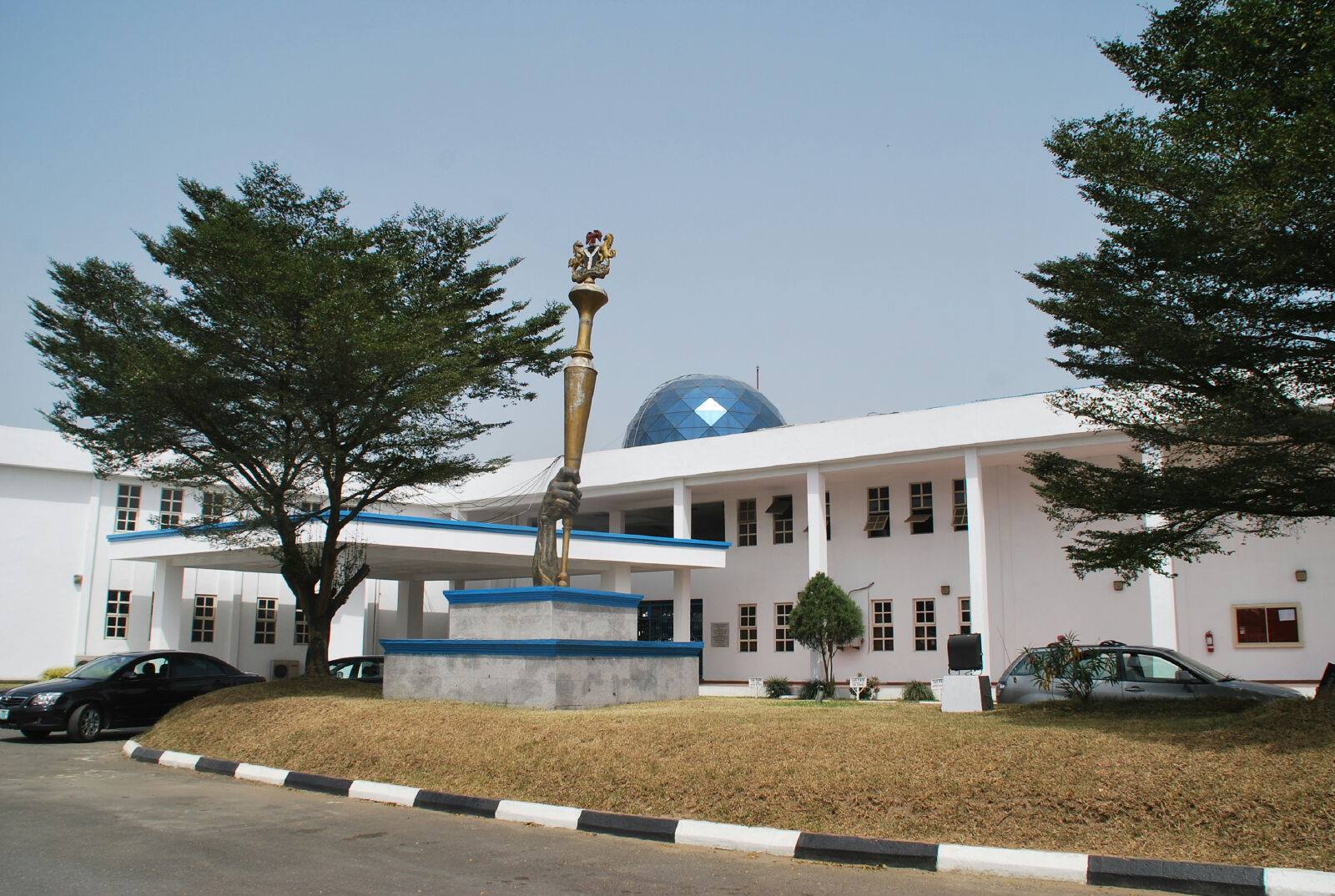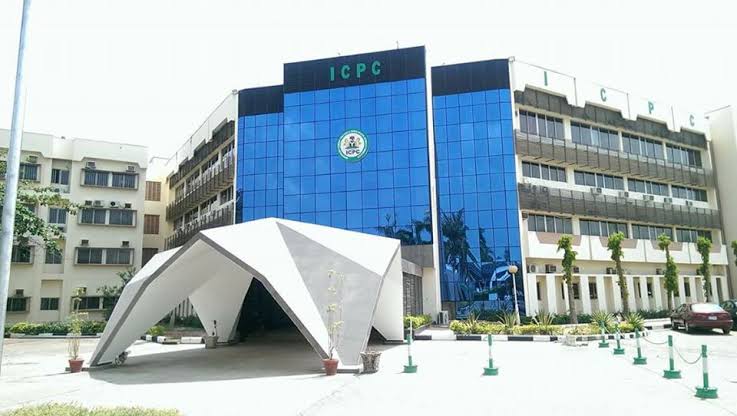The Independent Corrupt Practices and Other Related Offences Commission (ICPC) has described corruption as a dream killer that Nigerian children should resist at all costs.
Mr Suleiman Achile, Assistant Director, Education Department, ICPC, said this on Thursday in Abuja at the inauguration of Students Anti-Corruption Clubs (SACs) in the FCT.
Achile urged Nigerian children and youths to assist ICPC to protect their legitimate dreams and future by standing against corruption and allied vices.
”There are only two things that can stop you from achieving your dreams- corruption and you. If you do not fight corruption, it will fight you and your dreams,” he said.
Using a pictorial PowerPoint presentation, Achile took the students through the rudiments of corruption, including its definition, types, manifestations and effects on their lives and the society.
According to him, corruption is the abuse of public trust for private gain, taking what is meant for everybody for yourself, any dishonesty or illegal behavior that smacks of cheating.
He said that indecency and violation of normative value of society were also part of corruption.
Achile said that the effect of corruption on the society was grievous, which included lowering the quality and standards of education.
”It increases unemployment and crime, corruption erodes the ethical base of society: diligence, excellence, honesty, merit and integrity.
“It leads to infrastructural decay, and essential services which are not rendered as and when due, like electricity, roads, hospitals and schools,” he said.
According to him, corruption causes economic retardation and mass poverty, and it thwarts efforts to overcome it, It creates political instability and undermines the national image.
“As you can see in these pictures, corruption can stop you from achieving your dreams! If you do not fight it, it will fight you and kill your dreams.
“You have to stand up for the future you want. If you want that dream you have in mind to come to pass, you have to act against corruption,’’ he said.
The director urged the children to fight corruption by being honest and standing for integrity, in addition to reporting acts of corruption at homes and in schools to their parents and authorities or trusted adults.
A Deputy Director, Education Department, ICPC, Mr Jon Odey, sensitised the students on what the commission was doing to stop corruption, including prevention, enforcement and public enlightenment.
Odey enjoined the school management and teachers to contribute their quota by strengthening the anti-corruption clubs and declaring their schools corruption-free zones.
He highlighted efforts of the commission in addressing the challenges in schools and other segments of the society.
Odey said that the SACs was formed to “catch them young’’ and enable the students have a voice against corruption and contribute their quota to development of the country.
He said that the anti-graft agency was doing its best to tackle corruption from foundation through different programmes, including sensitisation of students and training of teachers.
”We train teachers on how to deliver the story of fighting corruption and from time to time, we hold refresher courses for teachers and we go to schools.
”We go to schools to talk to their anti-corruption committees, which has teachers and administrators. We sensitise them. We hold training sessions for them on the need for behavioral change,” he said.
Mr Leslie Iheduru, a legal officer in the commission, administered oath of allegiance on the students.
The students were from Pacesetters Academy, Gwarimpa; Excellent Grade School, Kubwa; All Saint School, Wuse Zone 3; Noble Guide Academy, Gwarimpa and Jewel Model School, Kubwa.
Other schools inaugurated were Foothold Academy, Kubwa; Lordswill Academy, Gwarimpa; Voyage International School, Galadimawa-Abuja and Metro international School Kubwa.
